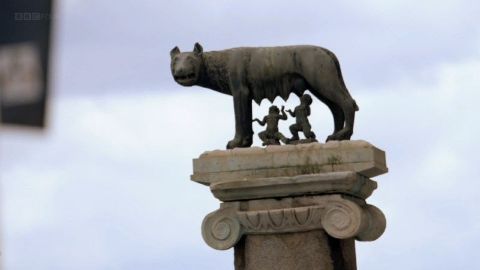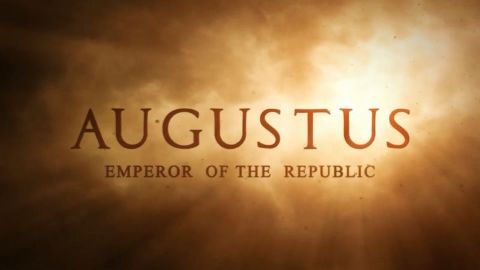City of the Sacred • 2012 • episode "S1E1" • Rome: A History of the Eternal City
Simon Sebag Montefiore looks at how every event in ancient Rome revolved around religion. From the foundation myth through to the deification of emperors, nothing could happen without calling upon the pantheon of Roman gods. Simon investigates how the Romans worshipped and sacrificed to the gods. He discovers that sacredness defined what was Roman and it was the responsibility of every Roman to play their part in the cult. Even the ancient Roman sewer was holy ground!
Make a donation
Buy a brother a hot coffee? Or a cold beer?
Hope you're finding these documentaries fascinating and eye-opening. It's just me, working hard behind the scenes to bring you this enriching content.
Running and maintaining a website like this takes time and resources. That's why I'm reaching out to you. If you appreciate what I do and would like to support my efforts, would you consider "buying me a coffee"?
Donation addresses
BTC: bc1q8ldskxh4x9qnddhcrgcun8rtvddeldm2a07r2v
ETH: 0x5CCAAA1afc5c5D814129d99277dDb5A979672116
With your donation through , you can show your appreciation and help me keep this project going. Every contribution, no matter how small, makes a significant impact. It goes directly towards covering server costs.








